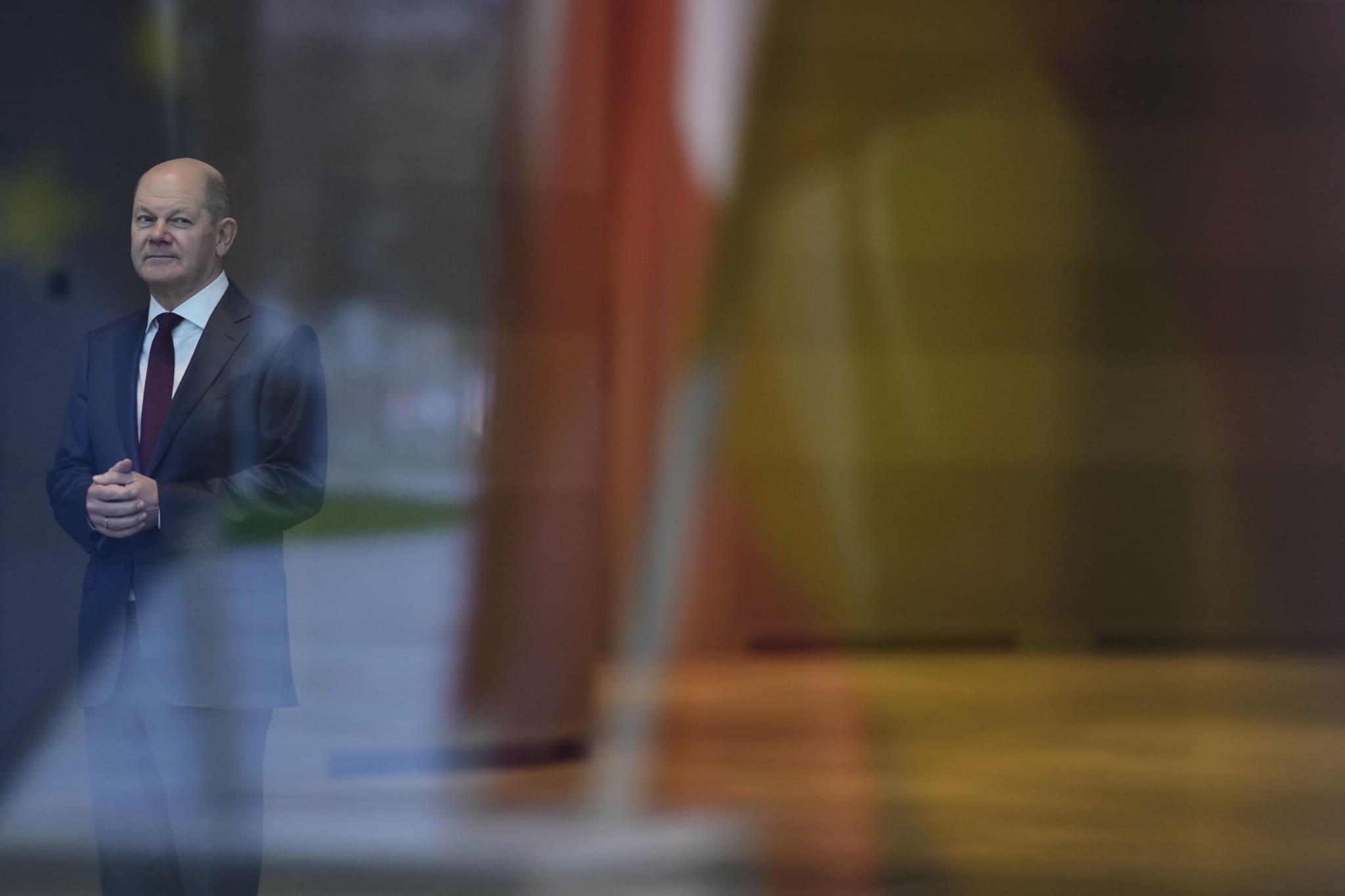Against the background of Russian aggression against Ukraine, the balance of power is gradually changing in Europe.
Of course, the biggest victim of the war is Ukraine, which is losing a large part of its territory in the east, and the war itself is decimating the country economically and socially. In the fight against Russia, it is dependent on Western aid and, above all, on the will of the U.S. to finance massive military supplies of weapons.
There is no doubt about the determination of the British, where domestically there is no significant opposition to supporting Ukraine, though it is not so clear in America. Not only Donald Trump, but also his Republican party rivals are making it clear that American involvement in the East should end and peace talks should be pursued.
[pp id=69340]
Even the feelers of American foreign policy in Central Europe have been sending messages for several weeks that the Ukrainians do not have to expel the Russians from their territory and that they will not achieve such a victory. It is enough to follow the statements of Czech President Petr Pavel, who angered Ukrainian Foreign Minister Dmytro Kuleba at a conference in Munich with such an argument even before taking office.
[pp id=66810]
The righteous faith and determination to win over the Russian aggressor are being eroded by the reality of geopolitical games. In Europe, at the expense of Germany, a strengthened Poland is emerging, which is building the strongest army on the continent and, together with other Central European countries, is becoming an important fulcrum of American foreign policy.
Germany is weakening primarily in its role in the hegemony of the old continent. In Berlin, the doctrine of Ostpolitik has collapsed, i.e., tolerance for the dark Russian soul, thanks to which its industry had cheap energy sources and its economy grew stronger. The endless prospect of cheap gas and oil from Russia was the source of the ambitious plans of the Green New Deal, built on a utopian social construct for rich German society.
Germany is receiving heavy blows and with it all of Europe built on regulations, bans, subsidies, and the pursuit of total unification. So it is no wonder that it is weakening its traditional economic domains and, as a whole, lags behind in technological development compared to America or China.
It is China that is the biggest threat to America, something both Democrats and Republicans agree on. China is using the Euro-American world’s rifts with Russia to strengthen ties with the regime of Vladimir Putin, who was visited by Chinese President Xi Jinping in Moscow. And just a few weeks ago, China demonstrated the strengthening of power politics in Asia by brokering the establishment of diplomatic relations between the implacable enemies Saudi Arabia and Iran.
Europe as a whole does not face the best prospects. Moreover, it is bound by ideological dogmas that are in opposition to each other, and it will not be easy to extricate itself from them. The joint strengthening of the countries of Central Europe can form a foundation against the self-destructive steps of old Europe.






